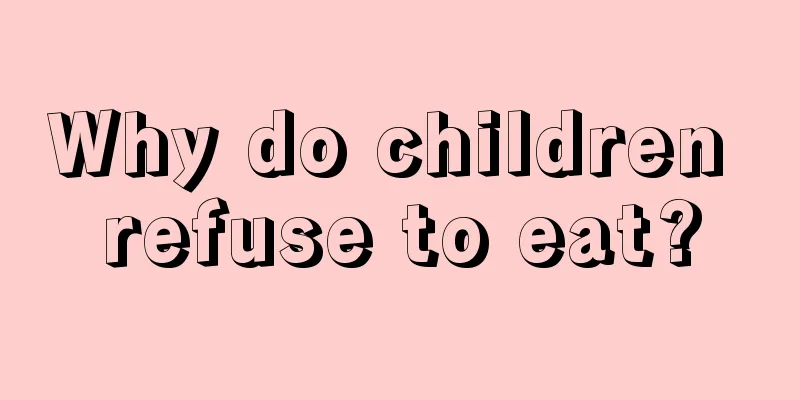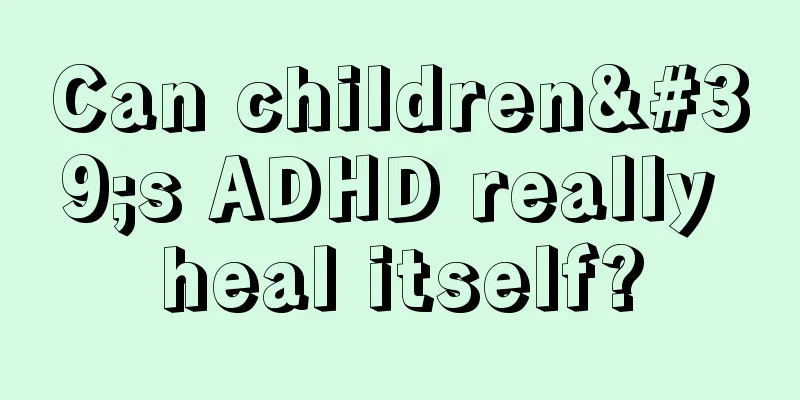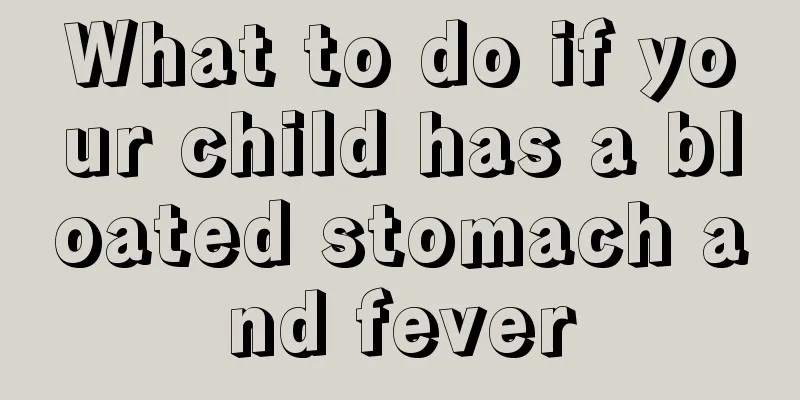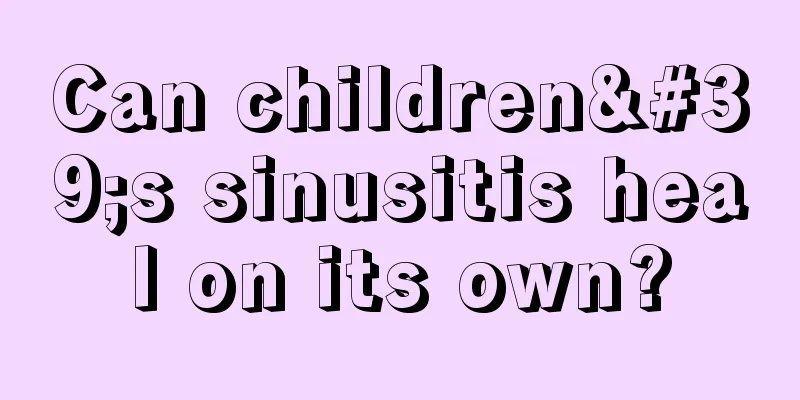Why do children refuse to eat?

|
There are many reasons why children don’t eat. If the baby eats too many snacks on a normal day and is not hungry at mealtime, he naturally won’t eat. If a child particularly likes to eat sweets, it will not only affect his teeth but also cause stomach acid and make him unwilling to eat. In addition, some diseases can also cause anorexia in babies. At this time, you should take your child to the hospital to check the trace elements in time.
Sweets are the favorite food of most children. Although these high-calorie foods are delicious, they cannot supplement the necessary protein and seriously affect children's appetite. Most children with poor appetite rarely drink plain water. They only drink various beverages such as orange juice, fruit juice, sugar water, honey water, etc. This will cause a large amount of sugar to be taken into the body, increasing the sugar concentration. When blood sugar reaches a certain level, it will excite the satiety center and inhibit the feeding center. Therefore, these children will hardly feel hungry and have no desire to eat. In addition, as the weather gets warmer, various cold drinks will be available on the market. Drinking cold drinks frequently will also cause children to lack a sense of hunger. First, cold drinks contain high sugar content, which makes children eat too much sweets; second, children's gastrointestinal function is relatively weak, and drinking cold drinks frequently will cause gastrointestinal dysfunction, and children's appetite will naturally decrease. Zinc deficiency causes taste changes Clinically, it is found that anorexia and pica are related to zinc deficiency in the body. Examinations found that children whose zinc levels were lower than normal had worse taste than healthy children, and the decrease in taste sensitivity can cause a loss of appetite. The effect of zinc on appetite is mainly reflected in the following aspects: 1. One of the components of taste buds in saliva is zinc, so when zinc is deficient, it will affect taste and appetite; 2. Zinc deficiency can affect the function of taste buds and reduce taste function; 3. Zinc deficiency can lead to mucosal hyperplasia and incomplete keratinization, so that a large number of desquamated epithelial cells block the small holes of taste buds, making it difficult for food to contact the taste buds and the taste becomes insensitive.By observing the tongue of some zinc-deficient children with the naked eye, we can find that the small protrusions on their tongue surface are flat or atrophied compared with the tongue of a normal child. Some children with zinc deficiency have obvious oral mucosal exfoliation, forming geographic tongue. Psychological factors cannot be ignored Under normal circumstances, before a child eats, his stomach is empty, his blood sugar level drops, he begins to feel hungry, and his appetite is good. However, some reasons may interfere with this rule. Many parents often do not know that their children's gastrointestinal function can be regulated by themselves, and they always force their children to eat, and some even use punishment to force their children to eat. In the long run, the morbid psychology caused by this forced eating is also one of the reasons that affect children's appetite.
Some parents like to pick the foods they think are the best and most nutritious for their children. This picky practice leaves a deep impression on the children, and the children will naturally tend to those so-called good foods, and eat less or even not eat those so-called unpalatable but nutritious foods. |
<<: The best time for babies to learn to eat
>>: Is it good to give children an enema?
Recommend
What should I do if my child has throat polyps?
Many children do not pay attention to the use of ...
What should I do if my baby has red bumps on his head?
Babies a few months old have more sensitive skin ...
What are the benefits of naps for children?
At present, many children have not formed the hab...
What causes children to have frequent headaches?
In life, many parents will enroll their children ...
Will eating bird's nest cause premature maturity in babies?
We all know that bird's nest is a natural foo...
What to do if your two-year-old child is disobedient
Babies will enter a rebellious period after they ...
What should I do if my child has a hunchback?
Children are in the stage of development, and it ...
The child has a buzzing sound when breathing
Children in their early childhood have not yet fu...
Child vomiting and diarrhea
Vomiting and diarrhea are common symptoms among c...
What is the cause of dark circles under the eyes of children?
Dark circles usually appear on the faces of adult...
How to make appetizer porridge for children?
Many children usually have some eating problems, ...
What are the massage methods for anorexia in children?
Many people have experienced anorexia, which mean...
Acute tonsillitis symptoms in children
In addition to chronic tonsillitis, there is also...
What are the methods for children to maintain health in spring?
There is a big temperature difference between mor...
What should I do if my baby falls asleep while feeding?
Now that we have grown up, many people envy babie...









